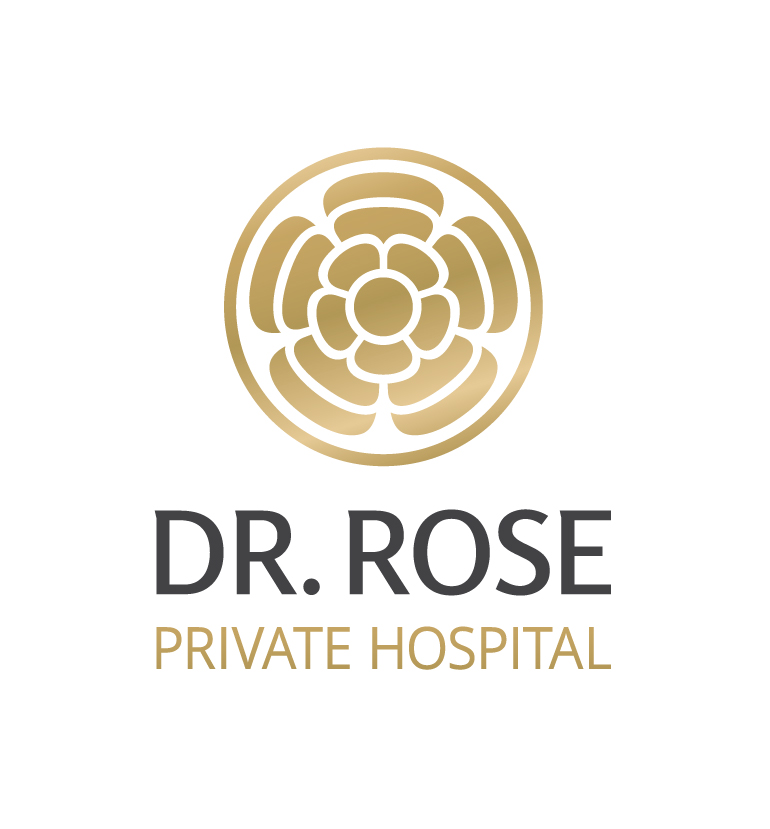FirstMed Health Report: 'Why Vaccinate?' By Dr. Sue McGladdery
- 4 Jul 2010 1:00 AM

Thanks to the development and widespread use of safe, effective, and affordable vaccines, many of these devastating diseases have become rarities, especially in industrialized nations. Many millions of lives have been saved and serious diseases have been contained and even eradicated.
Why do we still need to vaccinate if these diseases are now very rare?
The bacteria and viruses causing these diseases still occur in the environment. Without vaccination, many of these diseases would become commonplace again. We already have experience of resurgence of diseases such as whooping cough, diphtheria and measles in areas where vaccination levels have dropped.
The battle against infectious disease is far from over. Even as existing vaccines continue to exert their immunological power and new vaccines offer hopes for disease prevention in the future, reemerging and newly emerging infectious diseases still threaten the health of individuals and communities – recent examples include swine flu and avian flu.
Increasingly, doctors encounter problems with antibiotic resistance. This will become a growing problem in the 21st Century. Active vaccination programs prevent disease thus limiting the need to use antibiotics.
Routine and travel vaccines
Vaccines can be divided into routine, recommended and required. There is a standard list of routine childhood and adult vaccines which varies slightly according to country. Childhood vaccines offer protection from a variety of serious or potentially fatal diseases, including diphtheria, measles, meningitis, polio, tetanus and whooping cough. The reason that these diseases seem uncommon is because of active vaccination programs worldwide. If immunization rates drop, vaccine-preventable diseases may once again become common threats.
Vaccines specifically recommended or required for travel to certain regions give protection against diseases such as Typhoid, Tick borne encephalitis and Rabies, or Yellow fever and Meningitis.
FirstMed is pleased to offer a full vaccine service which includes all the routine and recommended vaccines. In addition we are now a designated Yellow Fever Vaccination Center.
For more details on vaccinations, click here or schedule an appointment with one of our doctors."
By Dr. Sue McGladdery BM, BCh, MRCP.
Medical Director
FirstMed Centers Kft.
Hattyúház, Hattyú u. 14.
H-1015 Budapest, Hungary
Tel : +36-1-224-9090


























LATEST NEWS IN health & wellness